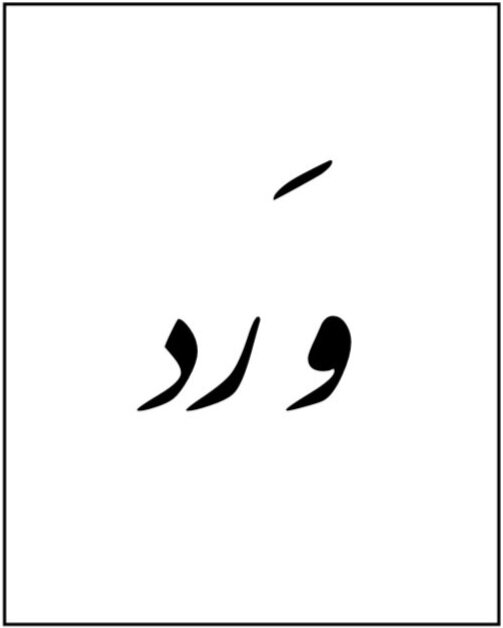Interview
Malak Alrashed is a poet, a writer and the Creative Director of Warshat Mok’h studio. Her poetry explores the themes of feminism, religion and mythology. In her writing, Malak tends to use metaphors and symbols to portray different aspects and interpretations. In Warshat Mok’h, she writes films’ scripts and Philosophical articles.
What and who inspires you to write poetry? Between Arabic and English poetry, which one feels more organic to you?
I never knew I could write poetry. I used to daydream a lot, making up stories that remained in me, in parts or emotions. I lived within these dreams distracting myself from the reality I am in. And when I used to read poetry, it felt - to me- rather excessive and systematic. It didn’t speak to me and it didn’t describe the chaotic feelings I felt, neither it made me think or question things. That all changed when I bought Ariel for Sylvia Plath. Sylvia’s words and themes were healing, it felt as if she was narrating my own feelings. I began to read about poetry and learned that I am into Confessional Poetry. And after a couple of readings, I wrote my first poem Via Dolorosa.I am usually inspired by mythology, religion and women’s history and experiences. I like to explore these themes and write about them using metaphors and symbols.
As someone who writes in Arabic and English, I would say that the writing process is mostly similar. I always feel like a foreigner learning a new language. Words don’t always flow with me, at least not easily. So, I search for them in places like the Quran, the Bible, Dictionaries and Etymologies. I treat words like puzzles; writing only feels healing when I am done with it. But the process is a whole craft that I am still learning.
Vila-Dolorsa
You have recently started sharing your gift in poetry with the world. Why did you decide to do so? How does an artist draw the line between the personal and the shareable?
I was never able to share my writings before, I believe, because I never took myself quite seriously as a writer or a poet. I was scared and filled with self-doubts. At first, I was only sharing them in a low-profile manner with close friends. Little by little, I fell for my poems and characters; writing gave me strength and confidence like nothing else. Exposing myself was a rebellious act that strengthened me.
What ignited the foundation of Warshat Mok’h?
Warshat Mok’h started in a sisters’ dinner gathering. As three sisters, each one of us had her own talent. We wanted to work together and create an alternative avant-garde sort of art. So, Lumières was made, which is Warshat Mok’h debut, a short philosophical film.
Woman of Dunes
You have chosen Arabic as the main language of your website and other platforms for Warshat Mok’h. With a topic like philosophy that lacks content in Arabic, how does Warshat Mok’h contribute to enriching it?
One of the many parts that we do in Warshat Mok’h is writing articles and owning a blog. A place where we have selected a community of writers to contribute to. The blog welcomes topic like Films, Books, Social and Art Articles, and at last Philosophical Articles. The latter has been recently the category I write in the most.
As an avid reader of Philosophy, the most precious thing it taught me is to always stay humble, curious and to share my knowledge. I began to read Philosophy and to analyze it, and then I started doing Philosophy 101 Articles every time I read a certain philosopher. The aim of these articles is to summarize and analyze Philosophy in the simplest ways. So far, we have shared three articles and there are many more to come!
How does Warshat Mok’h aim to enrich Philosophy? Well. We don’t stop after the posts are shared. Questioning reality and making people think is shown in our films and the discussions we hold after each screening. Also, we are striving to enlarge the writers’ space and guide the writers to share more thought-provoking ideas.
A Dream
How do you navigate running an independent platform in aspects of funding and energy?
As sisters, we believe that placing faith in who we are and what we want to do is the main funding of energy. Our reward is seeing people liking it and supporting us. The three of us have a nine-hour job, but we make time for Warshat Mok’h. We work after our jobs, on weekends, and sometimes we even take vacations to finalize certain things. We push each other and things work. Recently, we started welcoming members to our team and that helped a lot!
Females Goddesses





